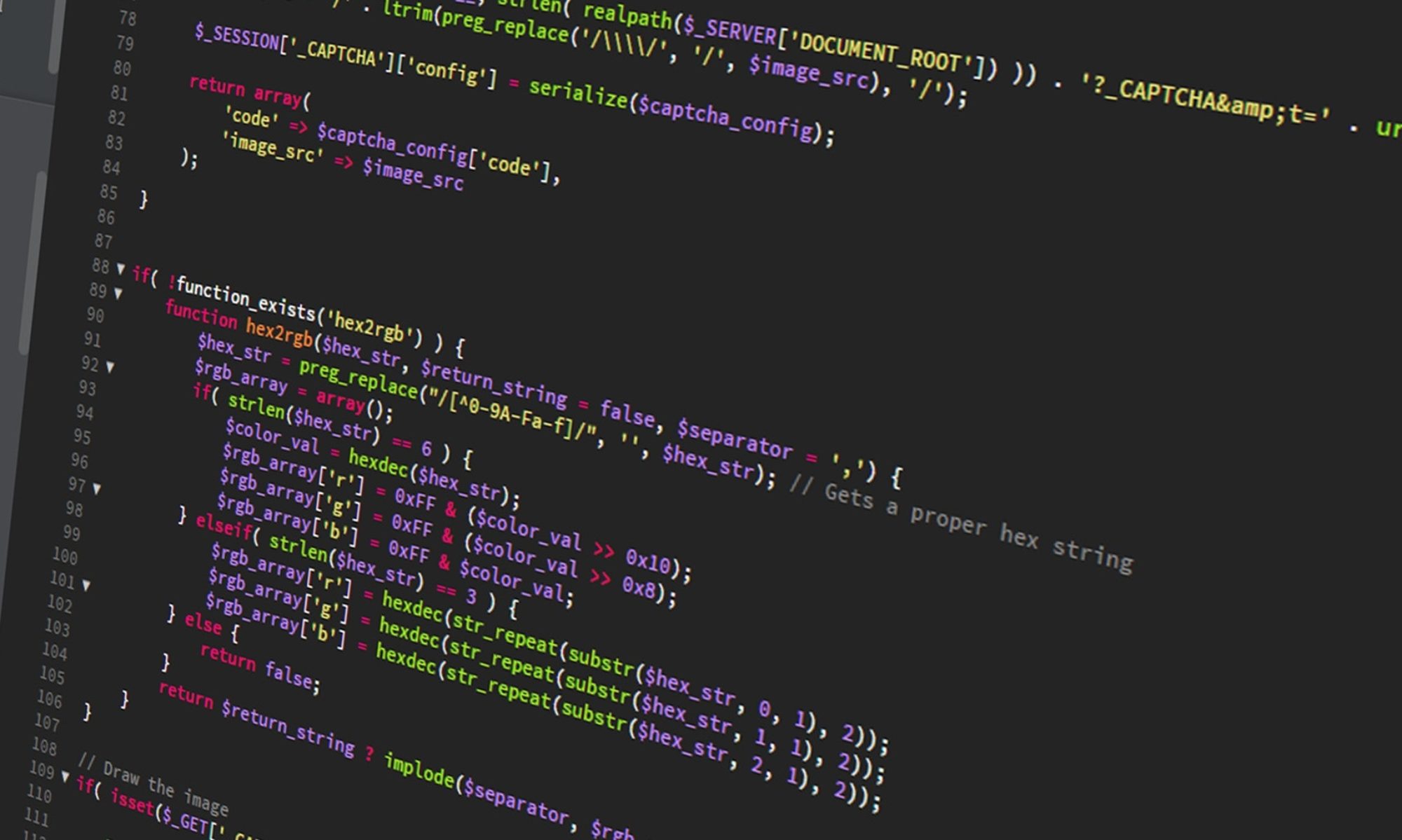Install prerequisite dependencies
$ sudo yum install -y git-core zlib zlib-devel gcc-c++ patch readline readline-devel libyaml-devel libffi-devel openssl-devel make bzip2 autoconf automake libtool bison curl sqlite-devel
Install rbenv
$ git clone https://github.com/rbenv/rbenv.git ~/.rbenv $ cd ~/.rbenv && src/configure && make -C src $ echo 'export PATH=$HOME/.rbenv/bin:$PATH' >> ~/.bash_profile
Run rbenv init, and follow the instructions.
$ rbenv init # Load rbenv automatically by appending # the following to ~/.bash_profile: eval "$(rbenv init -)"
Restart your shell.
Install ruby-build plugin to get access to rbenv install.
$ git clone https://github.com/rbenv/ruby-build.git ~/.rbenv/plugins/ruby-build
Finally, install ruby, and confirm version.
$ rbenv install 2.2.2 ... $ ruby -v ruby 2.2.2p95 (2015-04-13 revision 50295) [x86_64-linux]
Confirm sqlite3 is installed
$ sqlite3 --version 3.7.17 2013-05-20 00:56:22 118a3b35693b134d56ebd780123b7fd6f1497668
Install rails using gem.
NOTE: I originally had some trouble running this command because the version of ruby kept going back to 2.0.0, which is the default version for my installation of CentOS. I had to manually add a .ruby-version file into my working directory with the contents 2.2.2 in order for the gem command to proceed with the rails installation. I don’t know if this is the correct way of doing this.
$ gem install rails ... $ rails --version Rails 5.0.0.1
